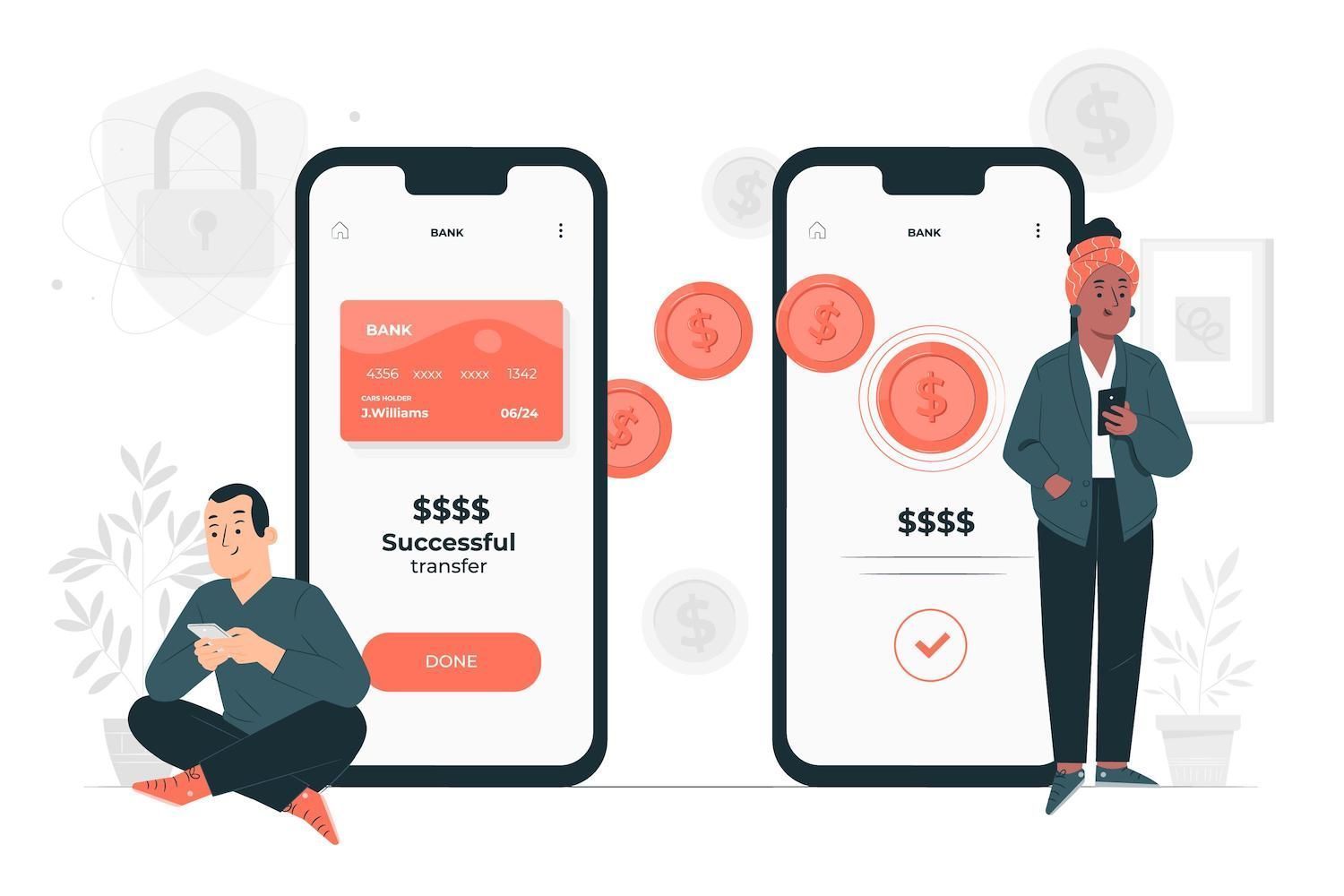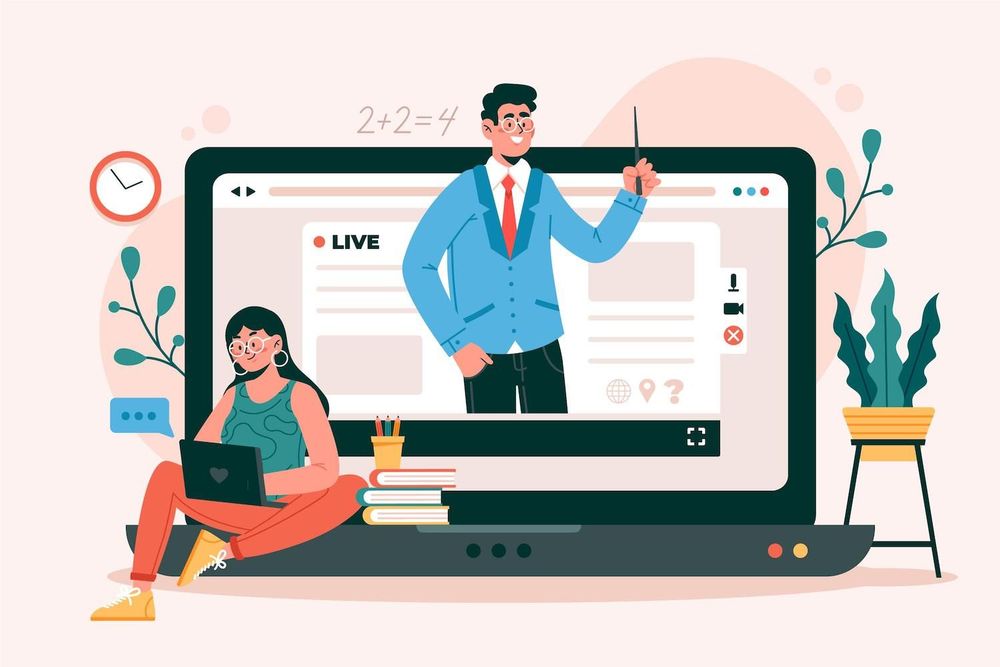What exactly is it Epic you would like to have on App Stores that other game creators Really Would Like to see? -
While mobile game and app developers are struggling to breathe in the duopoly tax, which cut 30 percent off nearly every dollar spent on gaming, Epic Games has emerged as the most prominent gaming firm trying to make open computing the norm on mobile.
In private, they asked large and small studios to show games that had the characteristics what they are looking for in games. And this was the kind of game they wanted to watch.
Background: The slow demise of Open Computing, and the 30% tax on applications
Computing has never been easier to use than it is now. Since its inception, game as well as software developers have relied on the flexibility of computers PC and Mac platforms, which allows game makers to develop games as they want, as well as maintain the relationship of gamers, and select methods of payment which meet the needs of their players. There was no gatekeepers simply computer gamers or games. Nowadays, the world changes.
Nowadays, over half of the time spent on screens to access computers is spent using smartphones. And this percentage is increasing, as well as more than the total percent of the market is held by Apple as well as Google. In light of the popularity of smartphones available on the market as well as the encroaching limitations on the distribution of games as well as internet commerce, the world that is dependent on the technology of computers is much higher than what it was previously and this results in enormous costs for consumers as well as the game and app developers.
In both instances, Google and Apple's App Store require users to paying a fee of 30 percent to sell games and additional games-related items that are offered on the respective platforms. Apple holds the supreme control over the distribution of games and other commerce-related items for iOS devices. Google allows OEM marketplaces for apps and load mobile games with sideloading however, it restricts the third-party payments on games through Google Play.
Google Play does offer a payment integration which allows third-party companies can use only the top few game developers through"user preference billing. " User preferences billing" test. The downside is that "user preferential billing" will cost you annually cost of 26% for the marketplace regardless of whether you decide to make use of the payment processor that you control and assume all liability and obligation to adhere to payment.
The consequence of Apple and Google's dominance over the vast majority of computing around the globe includes taxes of 30% of mobile applications and games. The tax is collected by the players, however it is kept from developers of games who limit access to computing at no cost as well as online shopping. Because this is the sole option to gain free computing, game developers all sizes believe that they must make modifications.
What do you think about game designers who do not create games which aren't Epic?
The team of the company took the course of a month of discussions with game developers large as well as small, about their expectations of what is required of them regarding the policies of mobile apps. Although not everyone is in agreement on all aspects but there are three most discussed issues we were told they thought of:
1. iOS to support sideloading games that don't display frightening screen.
iOS is a system that has a limit on time that allows "sideloading" apps and games that can be downloaded and installed without using access to the App Store, directly from the official website of the creator, or through an alternative market. Sideloading allows players to buy developers to promote and sell their games their own way and according to what they are willing to pay for. Android permits sideloading of applications and games however only under extreme warnings, referred to as "scare screens" which warn users with devices of the dangers of "downloading applications from the web." A majority of game makers we talked to believe that Apple may allow sideloading. It's important that Apple along with Google refrain from using self-serving screens which discredit applications sold outside of their apps stores.
2. Give unrestricted "steering" and embedded payments through third-party payment systems.
Both Google as well as Apple each have their own strict rules on the prices of transactions and conducted using different payment methods that are not available through the store for apps. Like products may be available at a reasonable cost for the consumer. However, game designers cannot direct their players to those alternatives and also provide links to shopping on other websites or integrate the purchasing experience of a third-party to their game. Many game designers have discovered advantages of through app stores. The most popular choice was to let gamers and players to determine whether or not they want to have no payment limitations and integrate these into their game.
3. There is no cost to steering and an embedded payments.
Giving embedded or steering payments is a completely different thing. but it's very similar to what was seen in the Google "user preferred billing" trial. Having the ability to alter the method you invoice and having the financial motivation for doing this is two distinct factors. The test pilots were for "user billing options" with an enthralling 26% cost for transactions incurred through third-party payment services. When you add in the costs of service suppliers, it's an unprofitable benefit for the vast majority of game developers. The game developers we spoke to suggested that a one percent charge would be an acceptable amount for transactions that aren't part of app stores. These were mostly the payments of apps in order to increase the download rate of games and their acceptance. It's also evident that the 26% percentage of every transactions made by third parties was not what the creators thought was fair.
What's next?
There are different nuanced needs about how the applications work, which game developers must be aware of. These three criteria constitute the base of what they think as the most significant modifications to open computing on mobile devices.
About

David Nachman David is the director of the business which is the most reliable e-commerce service supplier to businesses using software. David is charged with managing the growth of the company and its development, the foundation of their knowledge and ability to offer top-of-the-line service for the ever-growing market of software. Over twenty years, David has held a range of roles which included functional vice-presidents as well as post-CEO positions at businesses with rapid expansion. They included Vision, Velocify, and HireRight.
The article was published on this site
The article was posted on this website.
This article first appeared on this website
Article was posted on here
